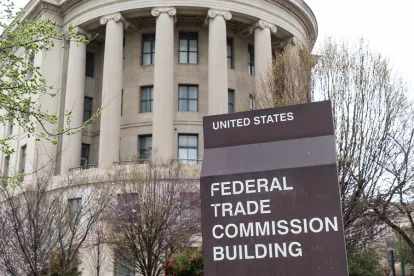Marketing products as environmentally friendly can induce customers to pay higher prices than they would for other goods. But when promises of lower emissions or higher insultation ratings prove false, that hurts consumers, and the Federal Trade Commission (FTC) steps in. The FTC recently concluded its four-year long false advertising case against Volkswagen and Porsche – the biggest in FTC history – for making deceptive claims about the air emissions levels of their vehicles when they were, in fact, fitting them with illegal devices designed to cover up the real level of emissions. The FTC’s Final Status Report, filed with the U.S. District Court for the Northern District of California on July 27, 2020, stated that, under FTC orders, Volkswagen and Porsche paid out some $9.5 billion to compensate affected customers.
Two days later, on July 29, the FTC filed complaints against Superior Products International II, Inc., SPM Thermo-Shield, Inc., F & G International Group Holdings, LLC and FG International, LLC, and SuperTherm, Inc. in federal court for making unsubstantiated and/or deceptive claims about their paint coatings’ R-values. Because the companies referred to R-values, the complaints referred to the FTC Trade Regulation Rule Concerning the Labeling and Advertising of Home Insulation (commonly referred to as the R-value Rule). The R-value Rule sets out detailed standards and test methods for calculating a product’s R-value and lays out requirements for making energy savings claims. The greater the R-value, the greater the potential energy bill savings to consumers – assuming the stated R-value is real.
In each complaint, the FTC alleges the companies made claims that their coating products had high R-values they could not substantiate. Superior Products and principal Joseph E. Pritchett made statements dating back at least to 2008 in their brochure as well as on their website, in ads, and in a patent application to the U.S. government that the company’s coatings would save consumers “between 40% and 70% on their energy bills,” when the products actually had an R-value considerably lower than advertised. Similarly, SPM Thermo-Shield, Inc., and its principals Peter J. Spiska, and George P. Spiska, marketed Thermo-Shield Roof Coat, Thermo-Shield Exterior Wall Coating, and Thermo-Shield Interior Wall Coating with false R-values, claiming their coating prodaucts offered significant energy savings for consumers when the actual R-value was less than one. F & G International Group Holdings, LLC, FG International, LLC, and their principal J. Glenn Davis, also claimed that their FGI-4440 Insulation Coating had a high R-value when, again, the true R-value number was less than one.
The FTC is seeking a permanent injunction against the paint companies to prevent future violations, plus other equitable relief as the court sees fit. This is a far less punitive approach from the Commission’s settlement orders in the Volkswagen-Porsche case, which required the companies to pay consumers the full retail value of their cars plus all other losses they suffered due to the companies’ deceptive advertising, and likely reflects the scale of the deception and number of consumers affected.





 />i
/>i

